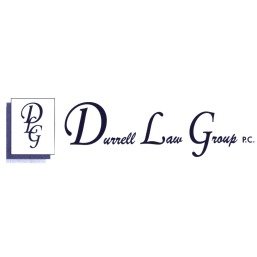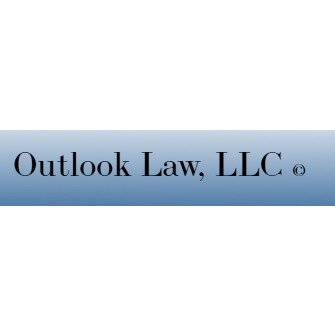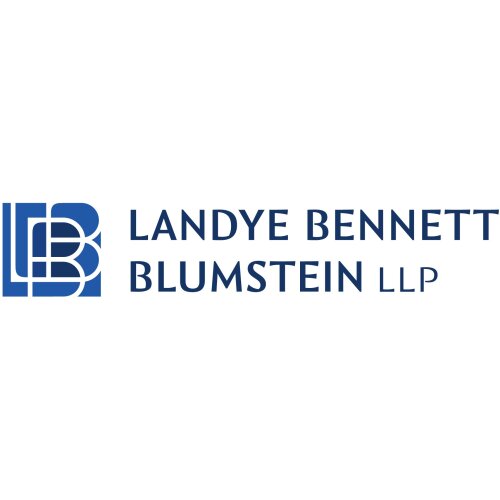Best Nonprofit & Charitable Organizations Lawyers in Alaska
Share your needs with us, get contacted by law firms.
Free. Takes 2 min.
Or refine your search by selecting a city:
List of the best lawyers in Alaska, United States
About Nonprofit & Charitable Organizations Law in Alaska, United States
Nonprofit and charitable organizations play a pivotal role in Alaska by providing services that benefit the public, advance social causes, and foster community growth. In Alaska, these entities include public charities, private foundations, associations, educational groups, and religious organizations. Nonprofit and charitable organizations in Alaska are governed by local, state, and federal laws that guide their formation, operation, governance, fundraising, and tax-exempt status. Navigating these requirements is essential to maintaining compliance and achieving each organization's mission.
Why You May Need a Lawyer
Legal guidance can be critical at many points throughout the life cycle of a nonprofit or charitable organization. You may need a lawyer for:
- Forming or dissolving a nonprofit organization
- Applying for 501(c)(3) or other tax-exempt status with the IRS and State of Alaska
- Understanding compliance with local, state, and federal regulations
- Drafting or revising bylaws and governance policies
- Addressing employment issues, including hiring, termination, and workplace disputes
- Managing contracts and vendor agreements
- Dealing with charitable solicitation and fundraising regulations
- Responding to audits or investigations by government agencies
- Handling mergers, joint ventures, or dissolutions
- Resolving disputes among members, directors, or with external parties
Local Laws Overview
Alaska state law regulates nonprofit organizations under Alaska Statutes Title 10, Chapter 20, overseeing their formation, governance, and mandatory reporting. Nonprofits must file formation documents, such as Articles of Incorporation, with the Alaska Division of Corporations, Business and Professional Licensing. Organizations seeking tax-exempt status must also comply with specific Internal Revenue Service requirements, including submission of Form 1023 for charitable organizations.
Charitable solicitation laws in Alaska require many organizations that raise funds from the public to register annually with the Alaska Department of Law's Consumer Protection Unit. There are also rules regarding transparency, record-keeping, conflicts of interest, and financial reporting. Noncompliance can result in penalties or loss of nonprofit status.
Employment laws, real property regulations, and laws pertaining to specific activities (such as providing healthcare or educational services) may also apply, depending on the organization's mission and operations.
Frequently Asked Questions
What is the first step in forming a nonprofit in Alaska?
The first step is to file Articles of Incorporation with the Alaska Division of Corporations, Business and Professional Licensing. You will also need to draft bylaws and hold an organizational meeting.
Do I need to obtain tax-exempt status for my nonprofit?
Most nonprofits seek tax-exempt status under section 501(c)(3) or another provision of the Internal Revenue Code so they can receive tax-deductible donations and avoid federal income tax. This requires a separate application to the IRS.
Are nonprofits in Alaska required to register with the state?
Yes, most nonprofits must register with the Alaska Division of Corporations and may also need to register annually with the Department of Law if they are soliciting charitable contributions.
Do Alaska nonprofits need a board of directors?
Yes, Alaska law requires a minimum of three directors for most nonprofit corporations, though larger boards are common.
How often do Alaska nonprofits file reports or renew their registration?
Nonprofits must file a biennial report with the Division of Corporations. Those that solicit donations may also need to register annually with the Alaska Department of Law.
What rules apply to fundraising in Alaska?
Organizations that solicit donations generally need to register with the Consumer Protection Unit. There are also rules about public disclosures, how donations are used, and record-keeping.
Can Alaska nonprofits pay their board members?
Generally, board members serve without compensation, but reimbursement for reasonable expenses is allowed. Some nonprofits allow limited compensation, but it must comply with IRS and state rules regarding conflicts of interest.
What happens if my nonprofit fails to follow state requirements?
Noncompliance can result in penalties, administrative dissolution, and loss of tax-exempt status. It can also affect credibility and fundraising ability.
Are there special rules for religious or educational organizations?
Certain organizations, like churches and smaller educational groups, may have different reporting or registration exemptions, but must still comply with many general state and federal nonprofit rules.
How do I dissolve a nonprofit in Alaska?
Dissolution requires board approval, filing Articles of Dissolution with the state, and ensuring assets are distributed in accordance with state and IRS rules, typically to another qualified nonprofit.
Additional Resources
For those seeking further guidance, several state and federal agencies, as well as nonprofit advocacy groups, offer assistance and information:
- Alaska Division of Corporations, Business and Professional Licensing
- Alaska Department of Law - Consumer Protection Unit
- Internal Revenue Service (IRS) Exempt Organizations Division
- Alaska Community Foundation
- Foraker Group (Alaska-focused nonprofit support)
- National Council of Nonprofits
Next Steps
If you need legal assistance with your nonprofit or charitable organization in Alaska, start by gathering key documents, including your Articles of Incorporation, bylaws, financial records, and any government correspondence. Consider scheduling a consultation with a lawyer who specializes in nonprofit law to review your organization's situation and discuss compliance, formation, or operational issues. Many Alaska-based legal aid organizations and local bar associations may offer referrals or reduced-fee services for qualifying nonprofits. Staying informed and seeking timely legal guidance can help ensure that your organization thrives and fulfills its mission to serve the community.
Lawzana helps you find the best lawyers and law firms in Alaska through a curated and pre-screened list of qualified legal professionals. Our platform offers rankings and detailed profiles of attorneys and law firms, allowing you to compare based on practice areas, including Nonprofit & Charitable Organizations, experience, and client feedback.
Each profile includes a description of the firm's areas of practice, client reviews, team members and partners, year of establishment, spoken languages, office locations, contact information, social media presence, and any published articles or resources. Most firms on our platform speak English and are experienced in both local and international legal matters.
Get a quote from top-rated law firms in Alaska, United States — quickly, securely, and without unnecessary hassle.
Disclaimer:
The information provided on this page is for general informational purposes only and does not constitute legal advice. While we strive to ensure the accuracy and relevance of the content, legal information may change over time, and interpretations of the law can vary. You should always consult with a qualified legal professional for advice specific to your situation.
We disclaim all liability for actions taken or not taken based on the content of this page. If you believe any information is incorrect or outdated, please contact us, and we will review and update it where appropriate.
Browse nonprofit & charitable organizations law firms by city in Alaska
Refine your search by selecting a city.
















